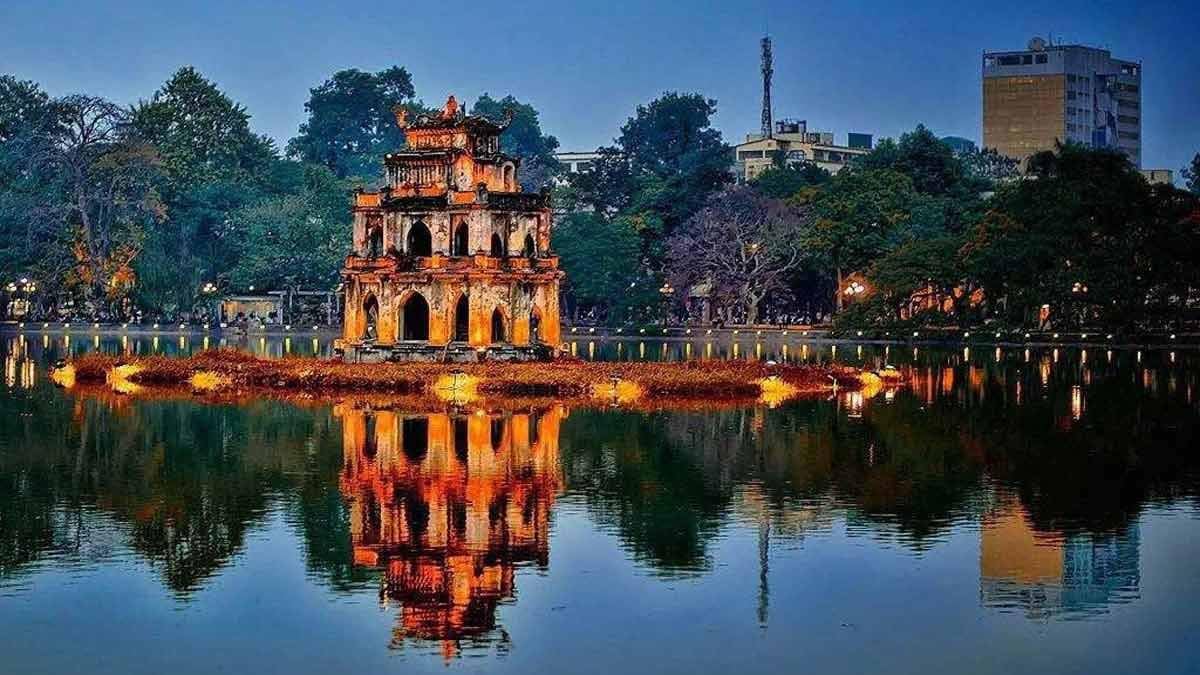
The Convention sets out seven key areas of pioneering and extensive cooperation:
(1) Criminalization: Unify the global legal framework, requiring countries to include cybercrime in criminal law, strictly handle acts such as intrusion, sabotage, fraud, money laundering or dissemination of harmful content, while ensuring human rights and judicial fairness.
(2) Jurisdiction: Provide clear and flexible principles to help countries coordinate in investigating and prosecuting cross-border crimes more effectively.
(3) Procedural measures: Allow for controlled collection, preservation and monitoring of electronic evidence, balancing cybersecurity and privacy.
(4) International cooperation: Establish a 24/7 communication network for emergency information exchange, expand cooperation to all serious crimes, and contribute to the formation of a global mechanism for sharing electronic evidence.
(5) Prevention: Call for the cooperation of government , businesses, academia and community in protecting cyberspace.
(6) Technical assistance: Promote training, technology transfer, early warning and experience sharing to narrow the digital capacity gap.
(7) Implementation mechanism: Establish a system of reporting, periodic review and international coordination to ensure transparency, respect for sovereignty and enhance global solidarity.
The Hanoi Convention is not only a legal instrument, but also a symbol of trust and international cooperation, towards a safe, fair and humane cyberspace for all humanity.
Vietnam.vn



![[Photo] Prime Minister Pham Minh Chinh and United Nations Secretary-General Antonio Guterres attend the Press Conference of the Hanoi Convention Signing Ceremony](https://vphoto.vietnam.vn/thumb/1200x675/vietnam/resource/IMAGE/2025/10/25/1761391413866_conguoctt-jpg.webp)

![[Photo] National Assembly Chairman Tran Thanh Man receives United Nations Secretary-General Antonio Guterres](https://vphoto.vietnam.vn/thumb/1200x675/vietnam/resource/IMAGE/2025/10/25/1761390815792_ctqh-jpg.webp)
![[Photo] Prime Minister Pham Minh Chinh receives United Nations Secretary-General Antonio Guterres](https://vphoto.vietnam.vn/thumb/1200x675/vietnam/resource/IMAGE/2025/10/25/1761390212729_dsc-1484-jpg.webp)



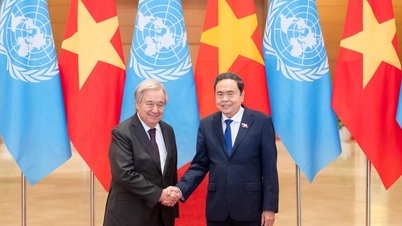




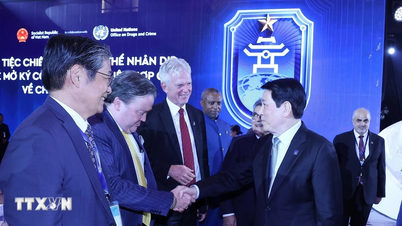
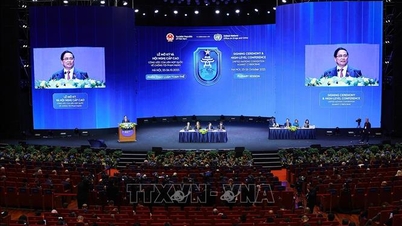




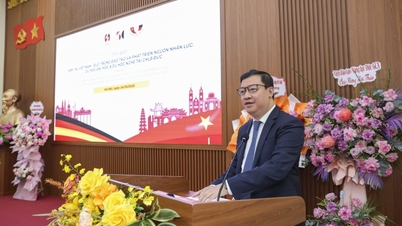
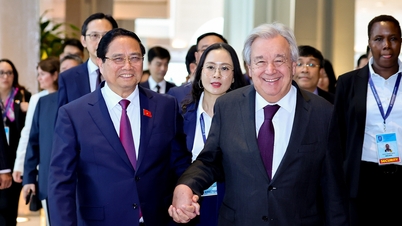
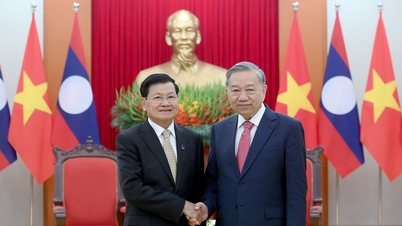







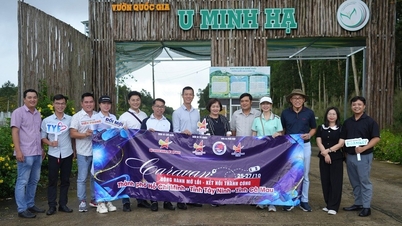


![[Photo] General Secretary To Lam meets with General Secretary and President of Laos Thongloun Sisoulith](https://vphoto.vietnam.vn/thumb/1200x675/vietnam/resource/IMAGE/2025/10/25/1761380913135_a1-bnd-4751-1374-7632-jpg.webp)




































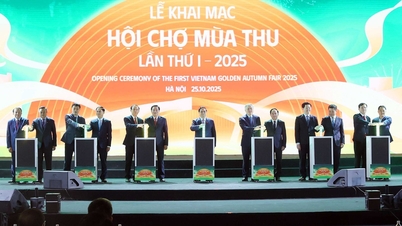


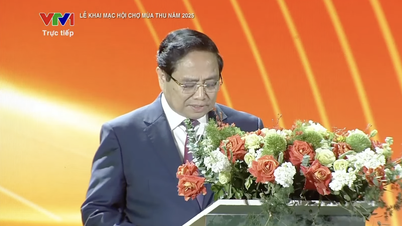





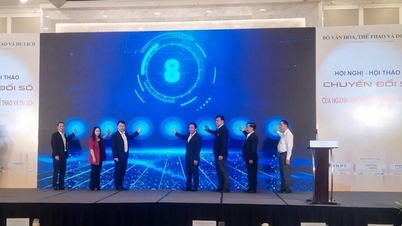

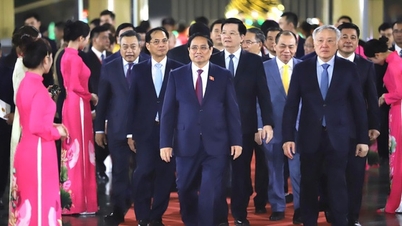

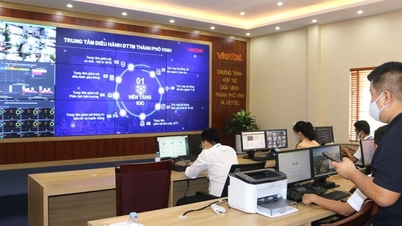




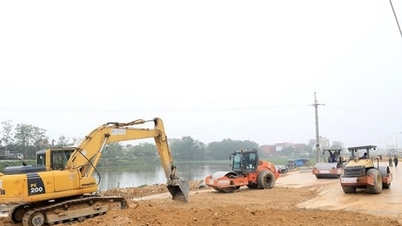

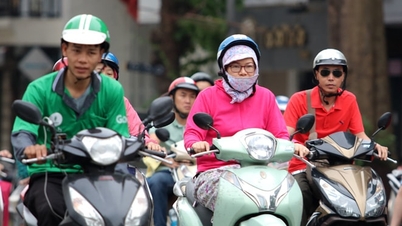





















Comment (0)